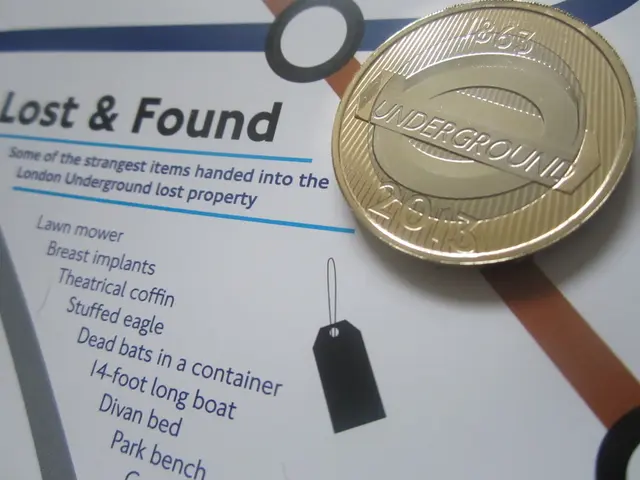Turkey Secures Benefit with Fresh U.S. Customs Tariffs according to Trade Ministry Declaration
In the midst of a changing global trade landscape, the United States has implemented new tariffs on various goods, including steel, automotive parts, and copper products, effective from August 7, 2025. This move, part of the Trump 2.0 tariff measures, has placed Turkey in the lowest 15% tariff tier among affected countries, signifying a moderate increase from previous rates of approximately 10% [1][2][3][5].
The Turkish Ministry of Trade has described this development as a "positive" one, acknowledging some balance and favourable treatment in the US tariff framework compared to higher levels imposed on other nations [1][2]. Despite this, the US tariff hike to 15% on most Turkish goods reflects a firm policy stance by the US administration aimed at defending American industries [4][5].
Turkey's positioning in the lowest tariff bracket suggests that strategic sector exporters face relatively moderate tariff pressure compared with other nations, but the overall impact is an elevated tariff burden compared to previous rates. As of early August 2025, there is no public indication of Turkey-US negotiations actively seeking tariff reductions or exemptions beyond Turkey’s current placement in the US tariff framework [1][2][3][4][5].
The Turkish Ministry of Trade has also highlighted the strength of Turkey's position in foreign trade and the ongoing dialogue and cooperation in bilateral trade relations [6]. Furthermore, the Ministry has emphasised constructive negotiations aimed at securing lower rates, particularly for the textile and apparel sector [7].
In contrast to Turkey, the US has yet to reach trade agreements with Canada, Mexico, Thailand, and India, and tariffs on Indian goods will be applied with additional monetary penalties [8]. The new customs tariffs result in higher tariffs on exports to America for countries without trade agreements with the US [9].
Interestingly, the US has decided to apply a 50% new tax on copper, steel, and aluminum exporters, but this increase is limited only to specific products such as copper pipes and cables [10]. The Turkish Ministry of Trade has evaluated Turkey as a balanced and positive commercial partner by the US [11].
The ongoing negotiations between Turkey and US authorities are a testament to a positively progressing relationship, as demonstrated by the latest decree issued by the US President [12]. This situation creates a significant advantage for Turkey compared to many countries, particularly Asian and Latin American nations [13].
In conclusion, while the US tariff increases present challenges for Turkish exporters, the country maintains its competitive strength in global markets and is engaged in constructive negotiations with US authorities to secure favourable terms, particularly for strategic sectors such as steel, automotive, and copper. The ongoing dialogue and cooperation in bilateral trade relations are strengthening, offering a positive outlook for future trade relations between the two nations.
- The lowering of tariffs on Turkish goods by the United States, despite the increase from approximately 10% to 15%, is considered a positive development by the Turkish Ministry of Trade, acknowledging some balance and favourable treatment in the US tariff framework compared to higher levels imposed on other nations.
- In contrast to Turkey, the US has yet to reach trade agreements with Canada, Mexico, Thailand, and India, and tariffs on Indian goods will be applied with additional monetary penalties, making the US-Turkey trade relationship appear advantageous.
- The Turkish Ministry of Trade has highlighted the strength of Turkey's position in foreign trade and the ongoing dialogue and cooperation in bilateral trade relations, indicating a will to secure lower rates, particularly for the textile and apparel sector, in the ongoing negotiations with US authorities.
- Despite the US tariff hike to 15% on most Turkish goods reflecting a firm policy stance by the US administration aimed at defending American industries, Turkey's positioning in the lowest tariff bracket suggests that strategic sector exporters face relatively moderate tariff pressure compared with other nations.
- The US has decided to apply a 50% new tax on specific exports such as copper pipes and cables, but Turkey, evaluated as a balanced and positive commercial partner by the US, avoids this additional burden and continues to maintain its competitive strength in global markets, particularly in sectors like steel, automotive, and copper.








